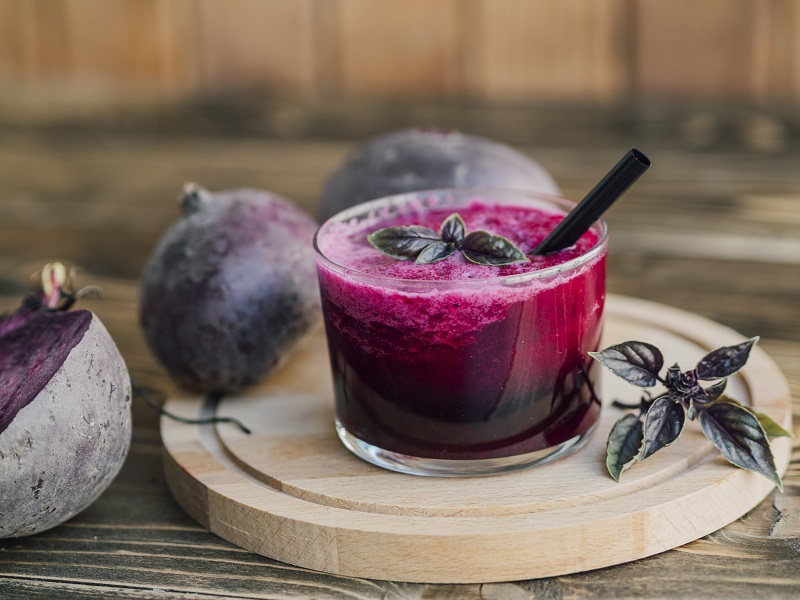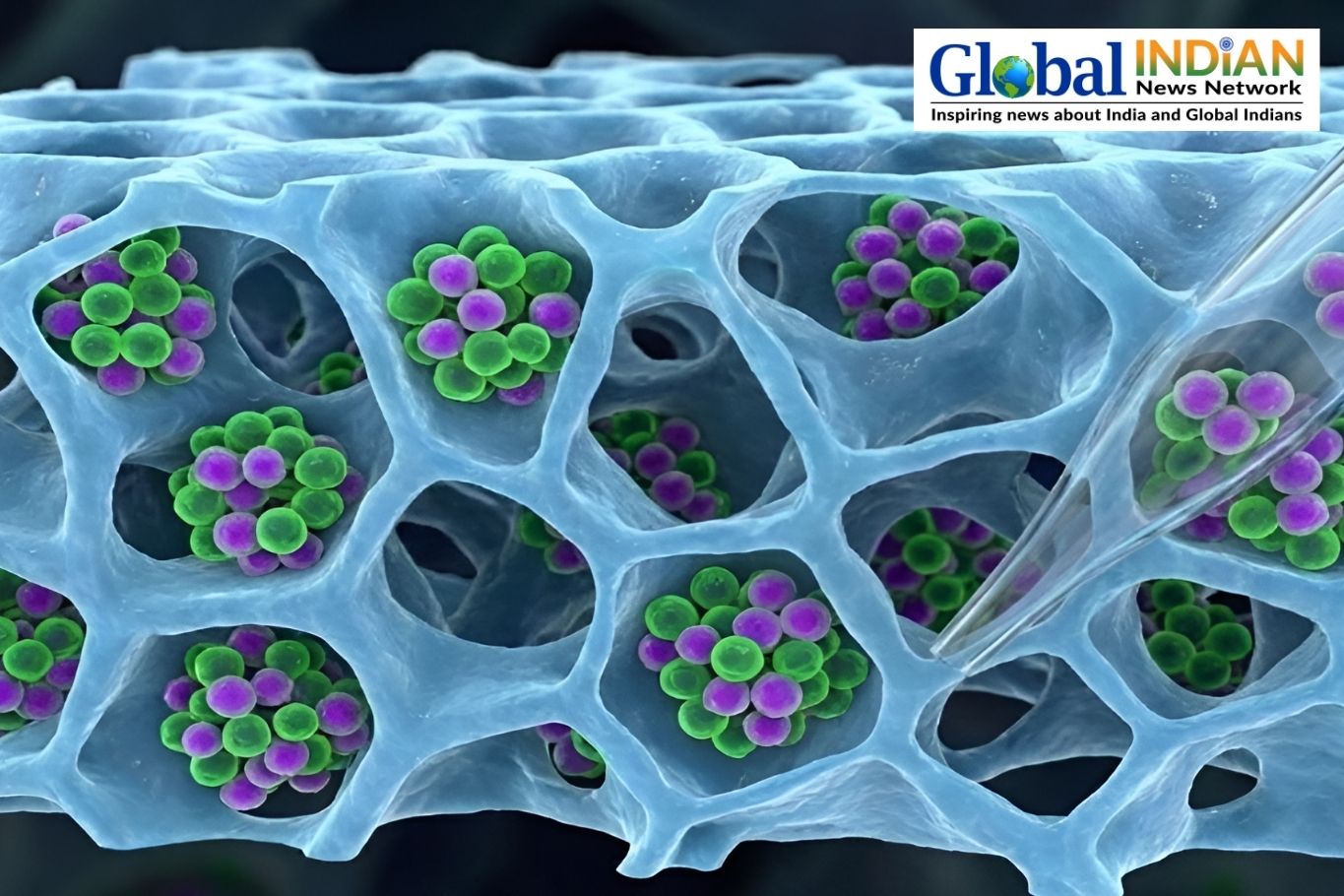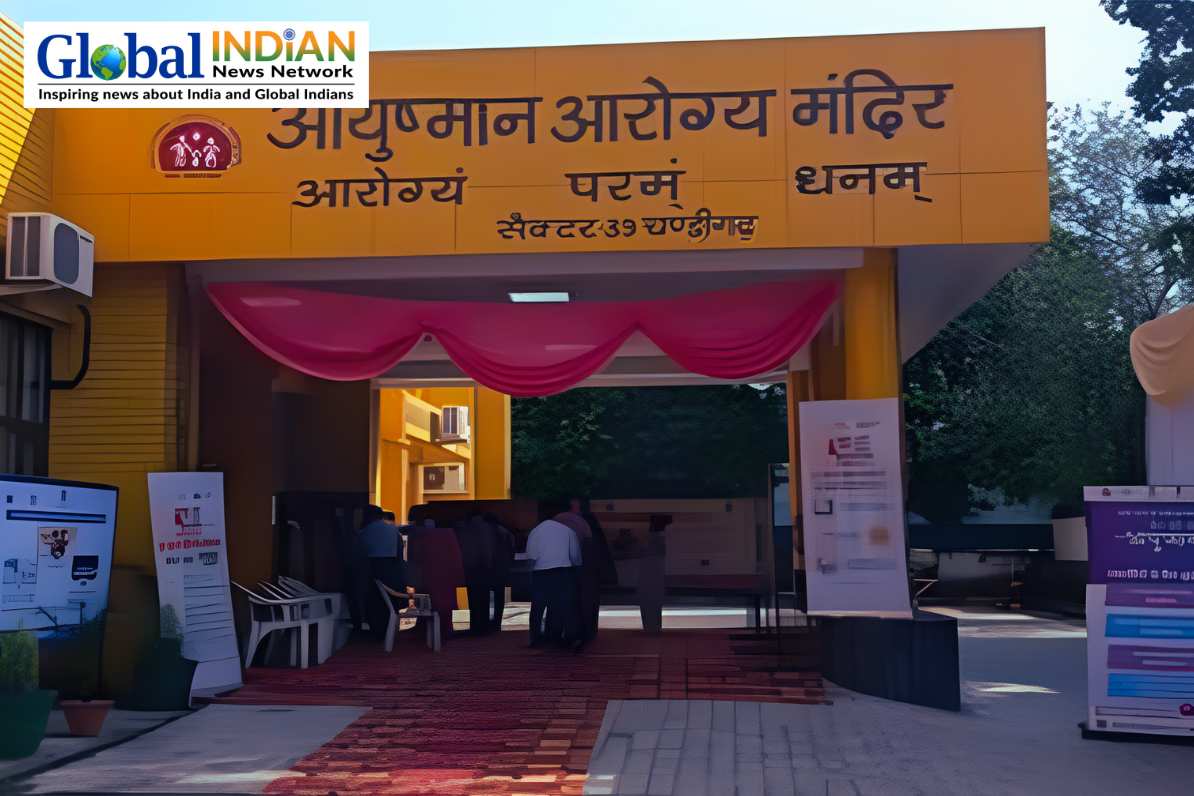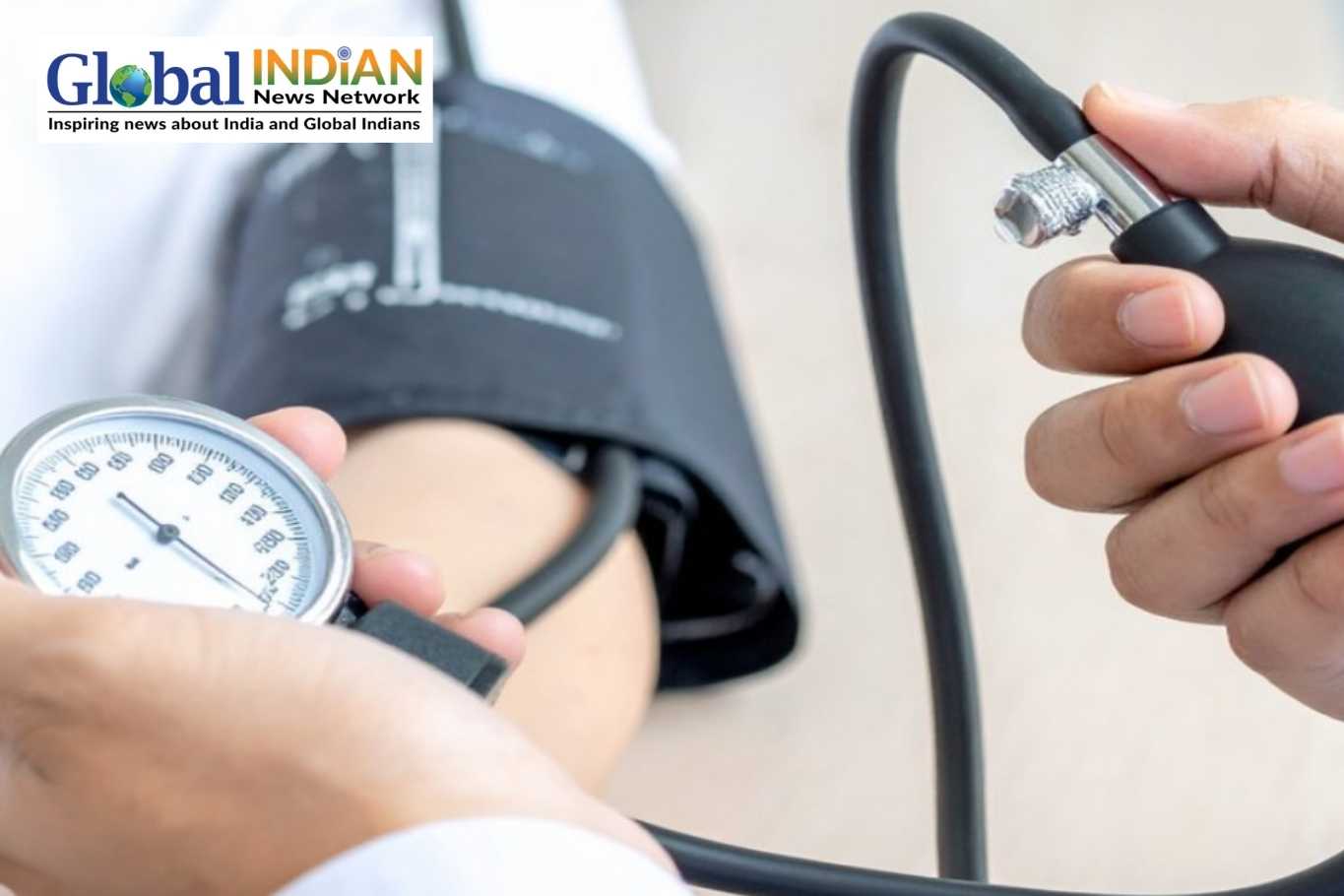
During and after menopause, the body’s reduced estrogen production often leads to diminished blood vessel function and increased susceptibility to cardiovascular disease. A recent placebo-controlled clinical trial conducted by Pennsylvania State University indicates that daily consumption of beetroot juice may enhance blood flow through the vessels, potentially lowering the risk of heart issues.
Beets and their juice are rich in nitrates, which were found to notably improve blood vessel performance in study participants who drank it daily. Published in Frontiers in Nutrition, the findings highlight the potential cardiovascular benefits of beetroot juice.
The study initially involved 54 postmenopausal women from the local community, ultimately analyzing 24 women. These participants met strict health criteria and consumed concentrated beetroot juice under dietary supervision. The juice, equivalent to three large beets in nitrate content, was administered daily for one week, followed by a nitrate-free placebo.
Using Doppler ultrasound imaging, researchers assessed brachial artery blood flow before and after juice consumption and compared it with placebo effects. Results indicated improved blood flow during nitrate-rich beetroot juice consumption, though this effect diminished within 24 hours after the final intake.
Discussing the study’s implications, Dr. Jayne Morgan of Piedmont Healthcare Corporation explained that declining estrogen levels during menopause remove the hormone’s protective effects on the heart. This hormonal change accelerates cardiovascular risk factors like elevated LDL cholesterol and increased blood pressure, according to study senior author Dr. Jocelyn M. Delgado Spicuzza from Pennsylvania State University.
Dr. Delgado Spicuzza emphasized the role of dietary nitrates in enhancing nitric oxide availability, crucial for maintaining healthy blood vessel function when natural estrogen levels decline post-menopause. She underscored that plant-based nitrates, unlike those found in processed meats, offer health benefits without associated risks.
Dr. Morgan added that while the study underscores the potential of beetroot juice for heart health, broader clinical trials are necessary to validate these findings in terms of actual cardiovascular outcomes. Meanwhile, she advocates for a heart-healthy diet rich in fruits, vegetables, whole grains, and low in processed foods, aligning with established dietary guidelines.
In conclusion, while beetroot juice shows promise in improving postmenopausal cardiovascular health through enhanced blood flow, its broader clinical benefits require further investigation. As research progresses, dietary strategies emphasizing plant-based nitrate sources may offer additional cardiovascular protection for women in their postmenopausal years.









